It takes just 10 minutes a day, and you can do it anywhere.
We humans are endowed by a variety of emotions; emotions are our gateway to feelings. Fear--one of the strongest emotions--has the power to protect us as well as paralyze us into inaction. As COVID-19 infiltrates our lives, fear has the opportunity to keep us safe as well as has the power to breed uncertainty and anxiety. Can we respond to this fear in a way that helps us?

This post may contain Affiliate (Amazon) links. Please read the Disclaimer.
The man who came out a winner from the biggest uncertainty
Victor Frankl, an Austrian neurologist and psychiatrist, experienced unthinkable horrors of the Holocaust as a prisoner in a concentration camp. His wife and parents died in death camps. He himself went through sufferings--physical and emotional--that is beyond our imagination. One day, alone in a small room of his prison, he came to a realization that the Nazi captors could imprison him and force his body to go through abominable torture. But he still had the last of the freedoms: How he would respond to the environment around him.. Frankl later coined this realization as "THE LAST OF THE HUMAN FREEDOMS." The freedom to respond to his environment.
Frankl decided that his environment would not affect him. He started imagining himself in many forward-looking scenarios--feeling the love and support of his wife, giving lectures to his students after his release from the camp and many more. Indeed, Frankl survived the death camps and went on to become the father of LOGOTHERAPY--a concept based on the foundation that the foremost motivational force of a HUMAN is to find a MEANING IN LIFE. He also wrote a moving and motivating account of his experience in his best-selling book-Man's Search for Meaning.We all have the power to choose how we RESPOND to our environment during this pandemic. While we can't control how our bodies are going to respond to coronavirus, we can surely take ACTIONS to prevent and keep our bodies and mind energized.
Get information only from trustworthy sources
The first step is to trust and act upon the right pieces of information. It is easy to get sucked into the endless barrage of information when something as life-threatening as Covid-19 pandemic sneaks upon us. It is best to narrow the news sources to those that offer the most trustworthy information.
In the U.S., the Center for Disease control (CDC) is the place to get trustworthy, latest information on how to best prevent the Covid-19 pandemic. Here are some noteworthy recommendation from the CDC:
- Wear a homemade mask when going out in the public areas: In this post the CDC offers all the skinny on how to make (both sew and no-sew instructions), wear, and sanitize a homemade mask.
- Frequent and correct procedure for hand-washing: Hand-washing is super, super important. It is of utmost importance to wash hands after coming from outside. Even if you are just staying home, it's best to wash hands before and after handling anything that has come from outside--groceries, mail delivered packages and envelops, etc.
- How to remove disposable gloves (if you are using when going outside)
The World Health Organization (WHO) is another great source to keep up with the pandemic. How to wear a mask? is a great resource on the WHO website.
Isolate to stay connected
Staying home and staying apart has become a PROVEN strategy to prevent the spread of SARS-CoV-2 (the official name for the virus responsible for Covid-19). If you need to go out for essential needs, it is best to stay 6-ft (2 meters) apart from the next person. The shelter-in-place policy is saving lives.
While this means that our loved ones can't travel to be home, aren't we glad that the technology has made it possible for us to speak face-to-face with them. Use SKYPE, FACETIME, or ZOOM to connect face-to-face with family and friends. We can also connect with ourselves at a deeper level, something we often don't find the time to do so. I had written about this in a previous blogpost and you can read it here. How to fall in love with ourselves?
Stress is the biggest toxin
Stress is the biggest toxin in our bodies. A number of research studies have proven that stress WEAKENS our immune system.
How do we control stress? A buddhist monk gave me the best tool to manage stress in a one-one-one meditation training: Our THOUGHTS are the seeds of all our actions. It's up to us if we sow the seed to grow WEEDS or a FRUIT TREE. Therefore, the first action step is to start watching your thoughts to see what are they asking you to do? When you watch your thoughts and become aware of them, you can decide if you want to act on them or not. IT'S OUR CHOICE. Remember, what your thoughts tell you is not TRUE most of the time. So always check if thoughts are giving the right signals before you ACT ON THEM.
Meditation is one of the best ways to watch our thoughts and connect with ourselves. The practice of meditation helps bring our wandering mind to acknowledge our current reality, guiding us toward the action that our reality demands.
There are a number of apps that offer easy meditation training right in the comfort of your home. Here are two that I would highly recommend (no affiliation).
- headspace: the app offers a mix of free and (plenty of) paid programs. Find their free WEATHERING THE STORM program, which has a selection of meditation, sleep, and other mind-calming experiences designed to offer support during the COVID-19 crisis.
- 1GiantMind: you can get the app on both IOS (Apple devices) and Google Play (Android devices). I would highly recommend this app, especially if you are just starting out. The app offers a 12-day beginners course on teaching meditation and then have a 30-day guided challenge. ALL FOR FREE.
Loving what is: Four questions that can change your life is another great resource on getting into the habit of managing thoughts.
Take a deep breath: breathing is essential to our existence, but many of us forget to breath during the day and often engage in SHALLOW breathing. Deep breathing not only offers more oxygen to our bodies to help perform all the major functions, it also detoxifies.
Drink water: the first gateway to build energy
Amid the current Covid-19 panic, we are all scrambling to find information on how to build a strong immune system. Water is the first ingredient to boost our physical and mental energy. It would be hard to build a strong immune system without drinking adequate amount of water as it TRANSPORTS NUTRIENTS from the food we to eat to our entire body. Water performs a number of magical functions in our bodies; here are some worth mentioning:
- Keeps our RESPIRATORY system healthy; chronic dehydration can lead to respiratory illnesses.
- Water keeps the body cells hydrated and delivers oxygen to the body.
- Flushes body's waste and toxins.
- Keeps the skin hydrated.
How much water do you drink in a day? How much water do you need to drink in a day? The National Academies of Sciences, Engineering, and Medicine recommends:
- 2.7 liters (11.4 cups) for adult women/day
- 3.7 liters (15.6 cups) for adult men/day
If you are wondering what counts as water, then the simple answer is PLAIN, FILTERED WATER (preferably at room temperature) and TRUE HERBAL TEAS. If you would like to keep track of your water intake, I have found water bottles with time marker truly helpful. After shattering a couple of glass bottles, I now look for either steel or BPA-free plastic bottles. Here is my favorite that I gifted to a couple of water-averse family members this Christmas. And after three months of observation, I can say that time- and quantity-marked water bottles work.
Cactaki 32oz Water Bottle With Time Marker

"P" is the TOP word for energizing, immunity-boosting food
P is a big word when it comes to eating food that prevents disease and supports a strong immune system: Plant-based Whole Foods. Another P stands for PHYTONUTRIENTS--nutrients that we can get from plants to strengthen our immune system. Be sure to include multiple servings of colorful vegetables and fruits in your diet, most of the time. Remember, out immune system doesn't become strong in one day or one week.
It is worth noting that two very different studies point to including 95% of food sourced from plants--fruits, vegetables, nuts, seeds, legumes, beans, and whole grains--for well-being. According to Dr. T. Collin Campbell's research, in lab experiments animals that were fed 5% (animal) protein displayed lower incidence of developing foci--the precursor cluster of cells that grows into tumors.(Source: The China Study)
Similarly, the diet of those living in the Blue Zones-- places where people live longer and healthier, comprises mostly of plant-based foods. Based on his observation of the the blue zones, the journalist and health activist Dan Buttener recommends sourcing 95% of food from plants and 5% from animals (Source: The Blue Zones: 9 Lessons for Living Longer From the People Who've Lived the Longest). One of the reasons that stands out for such a recommendation is that animal-derived foods are largely devoid of phytonutrients, which offer anti-inflammatory and antioxidants benefits for our immune system.
Go VERY easy on SUGAR
Sugar appears to be the best tool in our arsenal of stress-fighting weapons. However, excess sugar intake can poach nutrients from the body and weaken the immune system. Here are some tips to avoid going overboard with sugar.
- Follow the 80/20 rule for eating sugar.
- Fill yourself up with healthy food before picking up the dessert.
- Stop drinking sugar; banish sugary drinks from your home.
- Ask yourself what lack are you trying to fill with sugar? Is it stress? Emotional hunger?
Check out the dessert section on Traffic Light Cook HERE. While sugar is sugar in every form, all the desserts on TLC use minimally processed form of sugar. Even with the healthier forms of sugar, it is best to keep sugar intake within the 10-20% of your food intake.
Stay active: body movement supports your immune system
Regular exercise supports our immune system . More importantly, if you are over 40 like me, exercise appears to alleviate the effect of aging on the immune system. If you are avoiding exercise because you are trapped indoors, then the example of Elisha Nochomovitz, a 32-year-old restaurant worker in France, can give you some EXERCISE GOALS. Elisha ran the length of his 23-foot balcony to complete a marathon (26.2 miles).
Brisk walking is a great exercise that you can totally do in your home. I am a big proponent of yoga. Exercise regimens, such as yoga and Tai Chi, that focus on deep breathing improves our lung health and capacity. But the bigger side bonus of engaging with flexibility exercises like yoga and Tai Chi is gaining flexibility of both body and mind.
If you have been used to doing guided exercises in your gym, then YouTube has a ton of FREE exercise videos. It also has a number of videos on walking in place, if that's something appeals to you. I have subscribed to Amazon's BeFit channel and for A$6.99/month you can access great exercise videos--yoga, pilates, cardio, strength training, and much more.
Pick whatever appeals to you, but the BOTTOMLINE is MOVE YOUR BODY.
Sleep: sleep deprivation weakens immune system
Did you know that chronic sleep loss can reduce your body's ability to fight with foreign agents like SARS-CoV-2? According to the National Sleep Foundation, chronic sleep loss can even make flu vaccine less effective. When it comes to sleep deprivation, a staggering one-third of all Americans don't get enough sleep according to the CDC. How many hours do you sleep?
How many hours of sleep do you need to stay healthy? The magic number is SEVEN HOURS/day for adults aged 18-60, according for the American Academy of Sleep Medicine and the Sleep Research Society. Here are a few tricks to get some quality sleep:
- Be very kind to your PINEAL gland. This gland, located between the eyes and deep within your brain does a VERY important job: it secretes MELATONIN, a hormone that lulls you into sleep and helps you stay asleep. But blue light, emitted from gazillions of gadgets we use every day from dawn to dusk--tv, mobile phones, tablets, computers etc.--disrupts the secretion of melatonin. This means if you have been watching your favorite movie or working to finish that deadline right before going to sleep, the chances are that you may not ease into sleep quickly. The National Sleep Foundation recommends turning off gadgets at least one-to-two hours before bedtime.
- If sleep is something that eludes you, create pitch dark in your bedroom. Guess what, melatonin works in tandem with light, so if you are experiencing not the best sleep, turn off that red/yellow light of that bedside alarm clock. Turn off your phones and have an easily switchable lamp next to your bed.
- Meditate before going to bed. The practice helps calm the mind, which we greatly need to sleep soundly. Goodbye to that violent move right before the bedtime.
- Sleep at the same time every day.
Shelter-in-place: an ideal time to create forward-looking goals or clean-the-slate
Ikigai--a Japanese concept that means "A REASON FOR BEING," is said to be associated with longer lifespans. What do you wake up for in the morning? What actions/experiences may give a bigger meaning to your life? Maybe this is the time, when you have time at hand, to give these questions a thought. This is the best time to start a journal with your WISH LIST of actions, experiences, goals that could bring a bigger meaning to your life.
On the lighter note, it is an excellent time to cross-off items that have set forever on your to-do list: declutter home, take a new class (on any of the many online platforms), read a new book, or make your favorite time-consuming recipe.
If you want to start decluttering your home, don't do so without reading The Life Changing Magic of Tidying Up: The Japanese Art of Decluttering and Organizing. The book lays out step-by-step process of keeping only those things that you love. We all seem to have stuff that doesn't play any part in making us happy. What's worse is that it takes precious space, time, and energy to take care of all the STUFF that offers very little or no happiness.
Start a gratitude journal
We have a lot to be grateful for even when we are going through these tough times. A number of research studies have proven that gratitude: the appreciation of what is valuable and meaningful to oneself (clinical definition) enhances one's sense of well-being. We often keep an eye on what we don't have rather than appreciating what we have, which breeds a sense of disappointment. Being grateful for what you already have brings a sense of fulfillment. Here are some strategies to be grateful every single day:
- Write down at least three things that you are grateful for everyday in a journal or notebook for six weeks.
- Become more aware of what you are grateful for? Health? Family? Friends? Work?
- Send thank you messages to those who make a difference in your life.
Stay safe, stay energized.
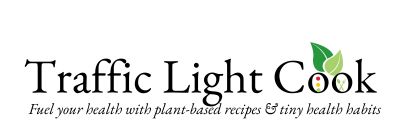
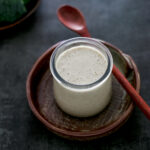
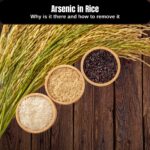
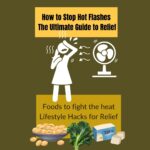
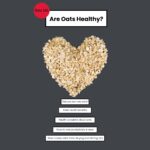
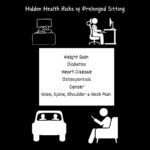
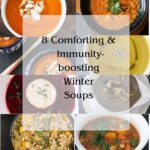
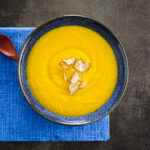
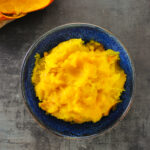
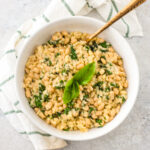
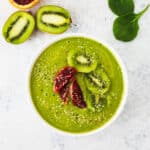
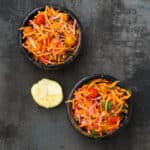







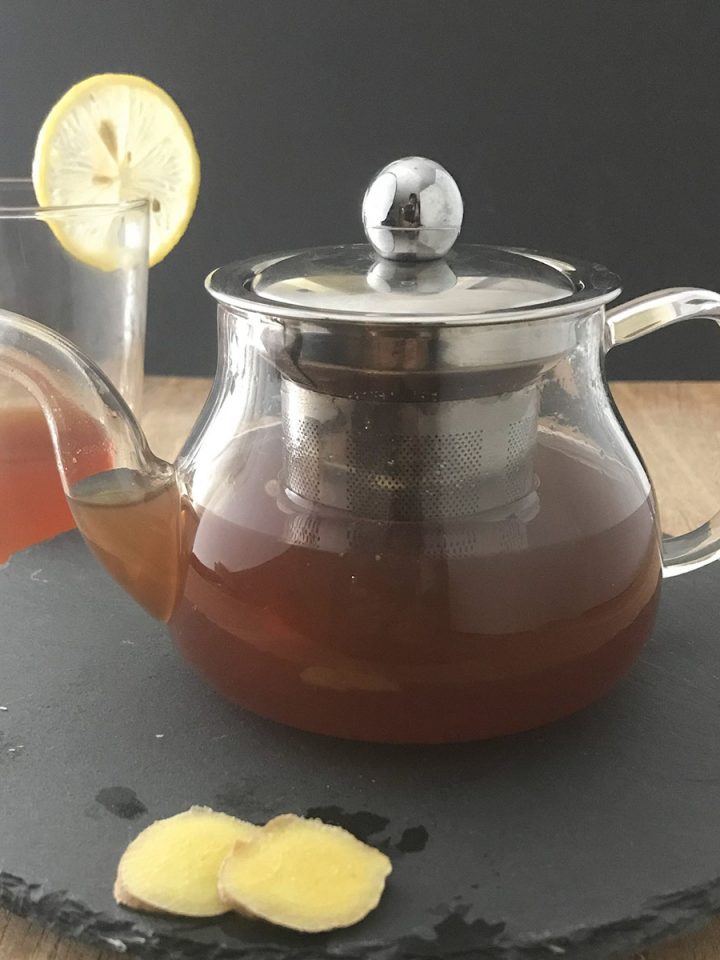

This is a beautifully written and calming piece, Garima. Thank you.
Suma, Thanks so much!